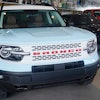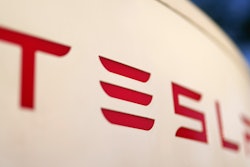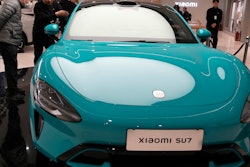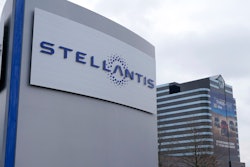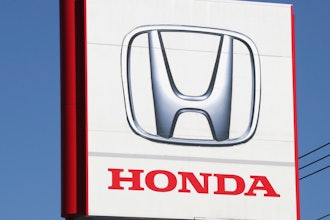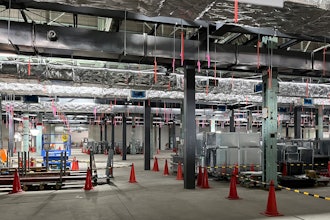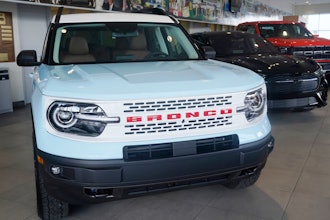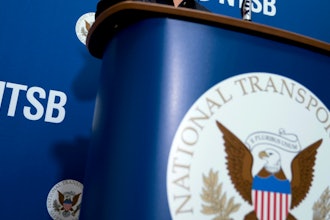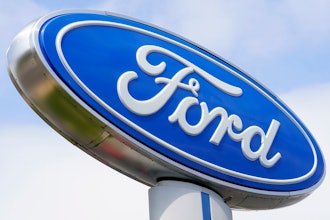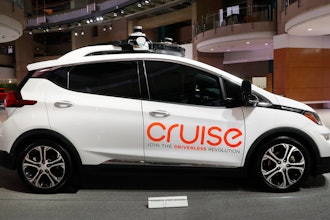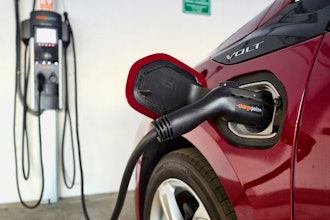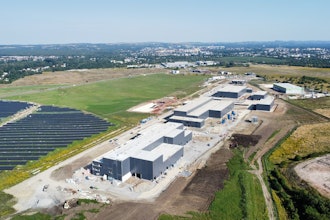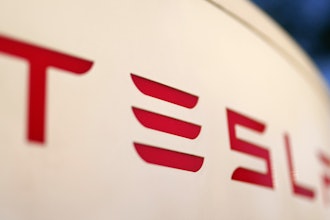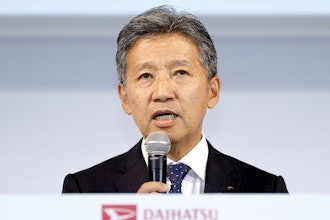(Manufacturing.net) — While many global manufacturers have been using Thailand as a central base of operations to expand into Southeast Asia, their investments seem to be ramping up thanks in part to business-friendly incentives and steadily increasing demand for cars and motorcycles. And as the country proved it was in a good position to recover from environmental disasters similar to the massive 2011 flooding, investors seem confident that their new operations will be better protected from future incidents.
The country’s National Economic and Social Development Board (NESDB) announced on February 18 that the country’s gross domestic product (GDP) climbed as much as 18.9 percent in the final three months of 2012, which was ahead of analysts’ estimates, and the overall economy expanded 3.6 percent. Private consumption, exports and private investment all expanded by double digits, while manufacturing activity climbed a surprising 45 percent.
Perhaps the largest new investment in Thailand for 2013 is a new Honda assembly plant worth 17.15 billion Baht ($570 million). The company says the new plant is necessary to keep up with demand for small cars in both the domestic and international markets, and is expected to begin production in April 2015. Hiroshi Kobayashi, president of Asian Honda Co., remained confident that the company’s existing plant, which flooded in 2011, and the new addition will both be aptly prepared to deal with any future flooding that may occur this coming spring.
Toyota, the country’s largest automaker, is also investing 12 billion baht ($402 million) to build a new eco-car for the domestic market. When the plant comes online, it will be capable of producing 300,000 vehicles annually, which will give the company ample volumes to meet demand in the ASEAN region. By the end of 2013, Toyota expects sales of 900,000 units, with 500,000 vehicles sold locally and 400,000 exported into the region.
And Western Digital, one of the largest manufacturers of computer hard drives, is investing 6 billion baht ($200 million) in a new facility that will help the company build next-generation products, which the company says will require machinery that is smaller and much more precise. And while the company’s existing plants were damaged heavily by the 2011 floods, CEO Timothy Martin Leyden said he is not deterred by the major ecological disaster, which caused 1,425 billion baht ($ 45.7 billion) in economic damages, according to the World Bank.
Thailand is in a solid position to gain a large portion of major investments targeting Southeast Asia. The country’s minimum wage labor costs range between $6.75 – 9.75 per day, and the universities graduate nearly 20,000 engineering students every year. That is part of the reason global manufacturers are choosing the country as a first step into the region.
Labor relations within the country aren’t necessarily ideal, however. Thailand had a surprisingly low unemployment rate of 0.48 percent in December 2012, and even then, the country suffers from a major labor shortage. Because jobs are so plentiful, manufacturers have to compete heavily in order to maintain a stable workforce. At Ford’s plant in Rayong, workers from hundreds of miles away are bussed in daily, and offered higher-than-average pay to keep them from jumping ship. Managers there have expressed concern that the labor force is always changing, and that finding long-term employees outside of engineering is very difficult.
In order to counteract some of those additional costs, Thailand has a long history of offering large incentives to major manufacturers who expand into the area. The Thailand Board of Investment (BOI), a government agency that works with foreign investors to create a compelling investment package, can authorize a corporate income tax exemption up to eight years, exemptions or reductions of import duties on imported machinery or raw materials, and deductions of infrastructure costs, among others. Toyota, Honda, Western Digital and many other manufacturers have worked with the BOI successfully in the past, clearly with positive results.
But the region is undergoing dramatic change, with the government of Myanmar opening itself up to the world for the first time in decades, along with positive growth in neighboring countries. Thailand has long been home to migrant, unskilled laborers who could move away in the next year or two, leaving manufacturers without the people to fill assembly line jobs. There is a significant challenge for the country to reposition its workforce as skilled, not unskilled, but that is a long-term, difficult process. And Indonesia’s growth, at a pace equal, if not higher than Thailand, has also proved appealing to other manufacturers.
But with the momentum from Toyota, in particular, which has centered its ASEAN production in Thailand, 2013 could be a year of unparalleled growth for the growing country that aims to work its way into the top tier of industrialized economies as quickly as possible.



